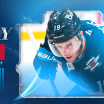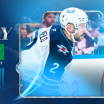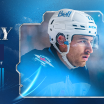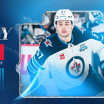WINNIPEG -Hockey players and coaches tend to live one day at a time.
It's a cliché, but it's also a helpful way to avoid the roller coaster of emotions they all experience through a season.
So it's not difficult to imagine that players in the middle of their careers are sometimes reluctant to discuss life after hockey, but Winnipeg Jets coach Paul Maurice has seemingly found a way to have that conversation - especially if he sees coaching potential in a particular player.
"When you stand behind the bench and you listen to players talk about the game - some guys don't say anything behind the bench, some guys are chirping behind the bench, some guys are calling the game - you can tell a guy that sees the game like a coach," Maurice said.
Maurice offers advice to former NHLers getting into coaching
"When you stand behind the bench... you can tell a guy that sees the game like a coach." -Maurice

© Bill Wippert/Getty Images
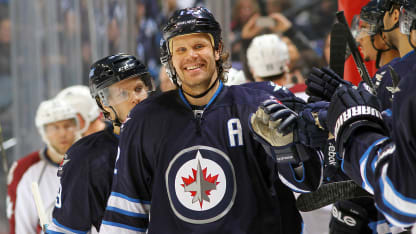
© Jonathan Kozub/Getty Images
ALUMNI | Olli Jokinen
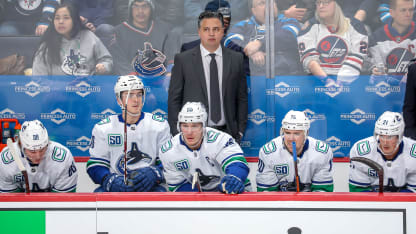
© Jonathan Kozub/Getty Images



